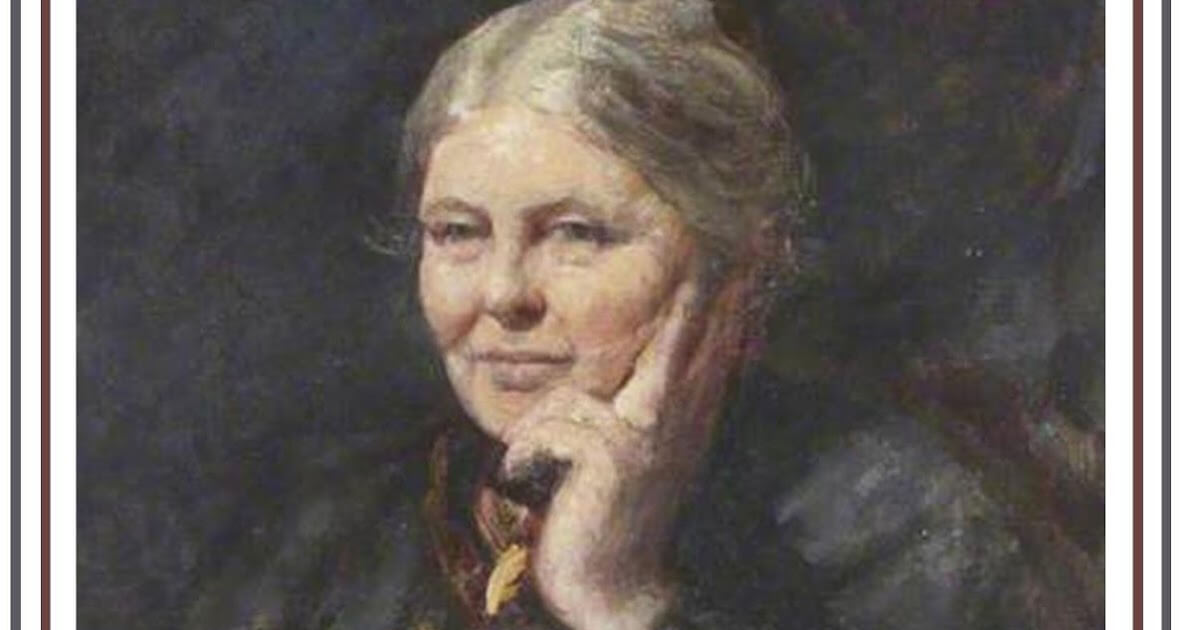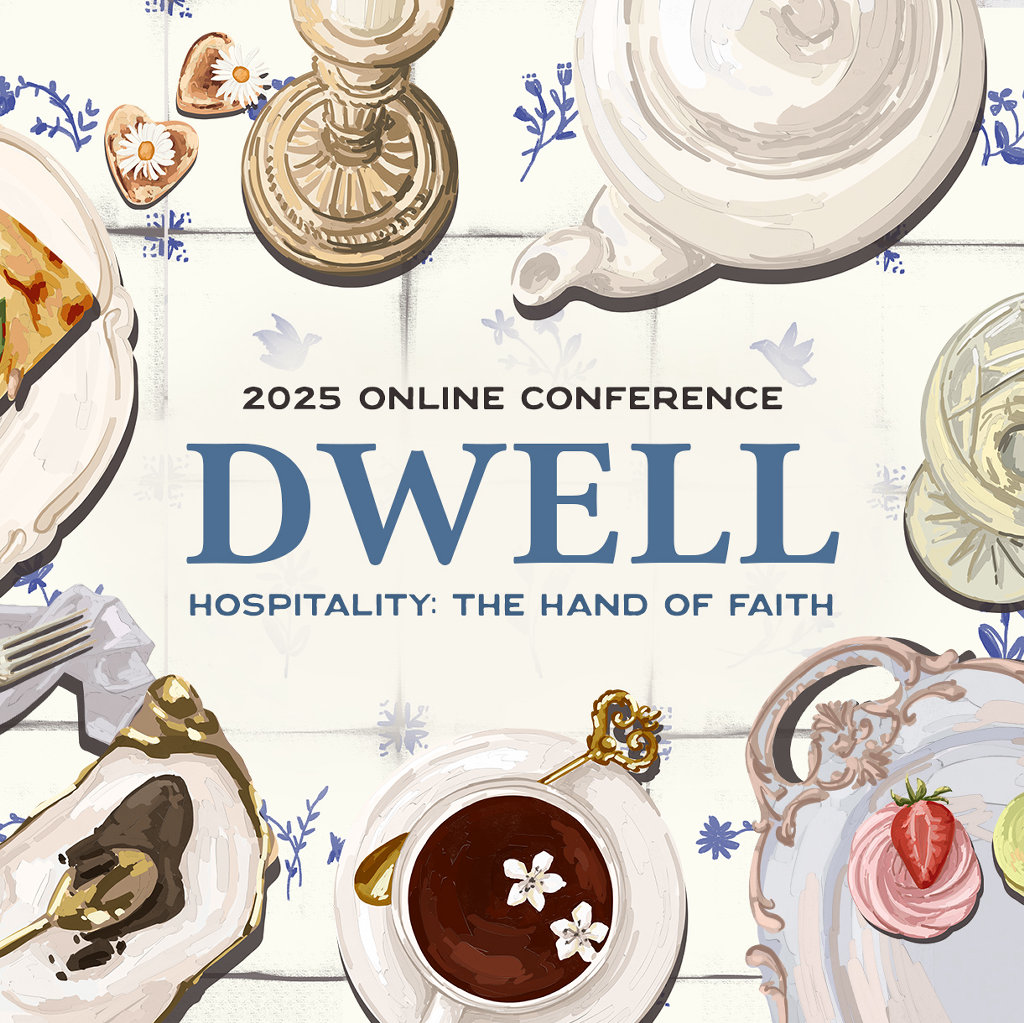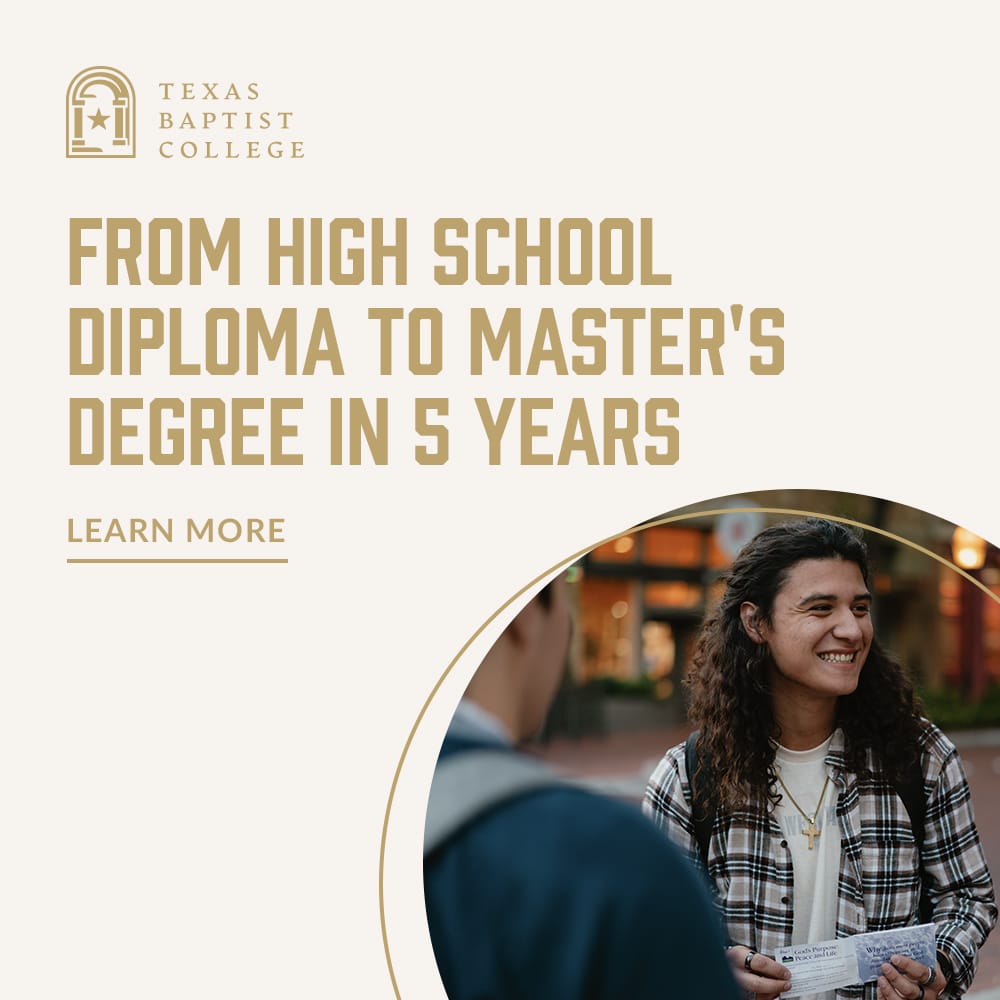6 Reasons Why Charlotte Mason Was Part of the Classical Tradition

My view of classical education is far more concerned with the real thing than with the word “classical.” So drawing from the very long Chrisitan classical tradition, I would include Charlotte Mason in that tradition every bit as much as any body else because she:
1. Was a metaphysical realist (which post Dewey progressives are not, and this is crucial).
2. Had a high view of mankind, as reflected in her glorious conception of the human as person, an idea distinctly Christian and therefore Christian classical more than Greek or Roman classical.
3. Was logocentric, in the sense that she believes in knowable truth, as expressed in her magnificent development of the conception of the living idea, one she acknowledges to be influenced by (at least) Coleridge and expressed by what she called either Platonists or Neo-platonists.
4. Desired for the riches of the western heritage to be preserved and bequeathed to the upcoming generation.
5. Developed a methodology (and her rejection of technique!) of instruction that sustained the forgoing commitments.
6. Developed a curricular journey that sustained and nourished those commitments, and included Latin language and culture to the degree she felt possible. That curriculum was more renaissance classical than imperial British classical, but it honored even the latter for its refinement of the Childs capacity to engage living ideas.
I believe that Charlotte Mason was far more classical than many people who use the name today but don’t take on the duty to work out what it means. She was not concerned with the word “classical,” because she was not a tribal thinker. But when you look at the essence of classical education as it persists through the ages, Charlotte Mason sings the same song, dreams the same dream, and refined the same practices rooted in human nature as Image, temple, and person.
Andrew Kern
Andrew Kern is the founder and president of The CiRCE Institute and the co-author of the book, Classical Education: the Movement Sweeping America.








